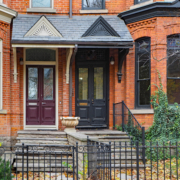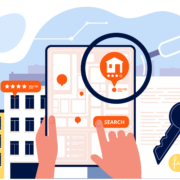5 Home Renovations That Add Home Value
Not all home projects are created equal, and some add more value to your home than others. Here are the top value adding home renovations to pay for upfront, for more payoff down the line.
Kitchen Renovations
According to the National Association of REALTORS® (NAR) Remodeling Impact Survey, not only are kitchen remodels the most appealing projects to buyers, but they are also the most likely to add value to the home for resale.
In fact, this report states there is a 59% ROI on this project.
Basement Updates
Are you looking to gain more functionality for your home and family? Renovating your basement into a living area may be the best option for you. This project will improve your joy while you live in the home, and will have pay off when you sell it.
This may be a more costly renovation according to NAR’s Remodeling Impact Survey. The report states there is a 64% ROI on this project.
Wood Flooring
The flooring may be one surface that gets worn out the fastest from foot traffic, dirt, scratching and more. It may also be one of the best features to upgrade in your home, as it tends to pay for itself!
According to NAR’s Remodeling Impact Survey, 106% of the value of this project is recovered when the home is sold. Even if you’re not looking to fully replace your flooring, the report states this project will provide a 100% ROI to your bottom line. It’s a win-win!
Bathroom
If you have a two to three-bedroom home and only two bathrooms, adding an additional half bathroom is great to consider. Going from two bedrooms to two and a half bathrooms will add 10.5% in value to your home.
While you’re living in your home, adding an extra bathroom may add peace of mind that surpasses the money you’ll spend on the bathroom itself by avoiding arguments and stress caused by sharing bathroom time.
New Roofing
Putting a new roof on your home is a money saver in multiple ways. Not only is the ROI high on this project, up to 109%, but you will also save on your energy bill too. A new roof will reduce cooling costs, add curb appeal, protect again home damage like water and much more!





